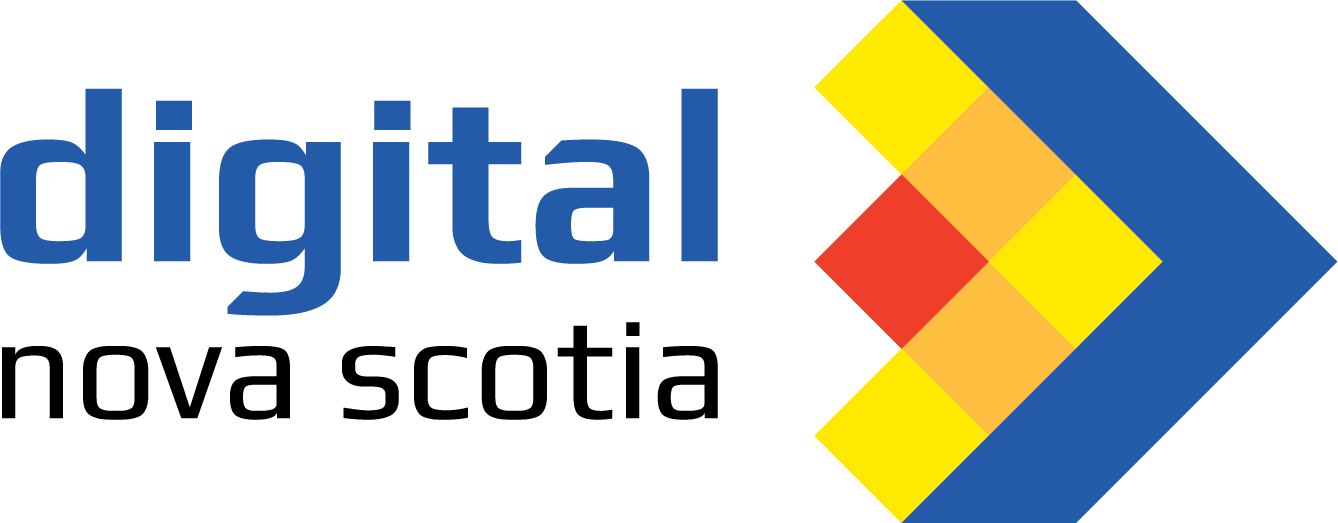This program is directed to prepare participants for PMI’s Agile Certified Practitioner (ACP) exam. Along the way, participants discuss and review aspects of Agile delivery extensively. With this knowledge, individuals are better able to work with Agile projects and product delivery for their organi

This program is directed to prepare participants for PMI’s Agile Certified Practitioner (ACP) exam. Along the way, participants discuss and review aspects of Agile delivery extensively. With this knowledge, individuals are better able to work with Agile projects and product delivery for their organizations.
Participants are required to attend at least 90% of the total 24 hours to get credit for the educational hours as required by PMI for the certification.
The program includes all materials, training and support required to pass the PMI-ACP exam. When a participant completes the training, one year of PMI membership will be paid.
When the participant successfully submits their PMI-ACP application to PMI, their PMI-ACP exam fees will be paid. The PMI-ACP exam application is required to be submitted within three months of the program end date.
Who Should Take This Course
This course is intended for professionals who want to gain the PMI-ACP certification. PMI has designated requirements which individuals must meet to qualify to write the PMI-ACP exam.
You must have:
A high school diploma,
21 contact hours of training in Agile practices (which this program provides),
12 months of general project experience within the last 5 years. If you currently have your PMP® or PgMP®, this requirement is covered, and
8 months of Agile project experience within the last 3 years. (Have a look at projects that have been run in an iterative and incremental manner.)
Course Outlines
In this first session of the program, we discuss,
Why Agile?
The value and purpose of this Agile certification
What being Agile means
An overview of Agile frameworks: Scrum and more
The requirements for the Agile certification
The materials for the course and a study plan
Agile Principles and Mindset
Agile terms
PMI’s Agile Domains
The history of the Agile Manifesto
The Values and Principles of the Agile Manifesto
Why the Mindset is so important
Agile Leadership
Value-driven Delivery
Defining value-driven delivery
Evaluating value: metrics, KPI’s, risk and more
Prioritizing value
Incremental delivery: Minimal Viable Product, Kanban boards, WIP
Contracting: DSDM, Fixed Price, Customized
Verifying and Validating value
Stakeholder Engagement
Principles of Stakeholder Engagement
A Shared Vision: Chartering, Definition of Done, Wireframes, Personas
How to Communicate with Stakeholders
Collaboration
Interpersonal Skills
Team Performance
Agile Teams: Team roles, generalizing specialists, models, high-performing teams
Building collaborative team spaces
Tracking team performance: burn charts, velocity
Adaptive Planning 1
What makes Agile planning different?
Principles of Agile planning
Value-based analysis and decomposition
Time in planning: Timeboxing, Estimate ranges and Ideal Time
Sizing and Estimating: Requirements, User Stories, Backlogs, Methods, Product Roadmap
Adaptive Planning 2
Visioning
Release Planning
Iteration Planning
Spikes
Daily Stand-Ups
Review of Course Topics to-date
Problem Detection and Resolution
How Problems affect Projects: Cost of Change, Technical Debt
Agile Transformations: Failure Modes and Success Modes
Detecting Problems: Lead Time, Cycle Time, Defects, Variance, Analysis, Trend Analysis, Control Limits
Risk – Threats and Issues: Risk-adjusted Backlog, Risk Severity, Risk Burndown Graphs
Problem Solving
Continuous Improvement (Process, Product, People)
Kaizen and Continuous Improvement
Process: Tailoring, Analysis, Systems Thinking, Value Stream Mapping, Pre-Mortems
Product: Reviews, Feedback Loops and Methods, Learning Cycles, Approved Iterations
People: Retrospectives, Team Self-Assessments
PMI’s Code of Ethics and Professional Conduct
Review and Wrap-up
Review of selected and requested topics
Review of Exam Application Status
Our mission is to foster the growth of the digital economy in Nova Scotia. Our programs, events, and opportunities enable us to connect our digital community and proudly promote its successes.
Through skills development, capacity building, industry events, strong partnerships and the promotion of IT opportunities, we are supporting our sector as it continues to grow, evolve and thrive.
We are a membership-driven organization. Our members range from startups and SME’s to large multinational corporations, universities and colleges, government, and non-profits. We pride ourselves on connections.
Connecting industry leaders through networking events and roundtable discussions, connecting industry with talent through our opportunities portal, and connecting with national organizations to increase the profile of our sector and province. Interested in becoming a member, join today!
Our History
Our organization began as the Software Industry Association of Nova Scotia (SIANS) and later became the Information Technology Industry Alliance of Nova Scotia (ITANS), before re-branding to be the Digital Nova Scotia that we are today!
We’re a non-profit organization that is dedicated to growing and developing Nova Scotia’s digital technologies industry – facilitating connections, providing professional development and capacity-building opportunities, and promoting our digital sector.
Originally incorporated in 1989, Digital Nova Scotia has been leading our industry for 30 years.
© 2025 coursetakers.com All Rights Reserved. Terms and Conditions of use | Privacy Policy